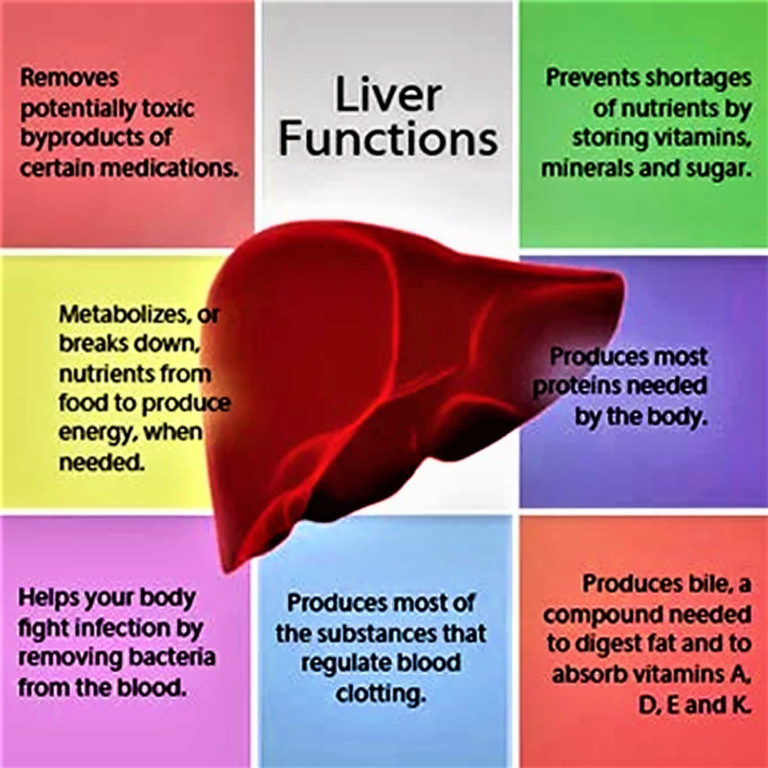
Patient assumed eradicative therapy for hepatitis and bit after started oncological therapy with Ribociclib. Actually CDK4/6 inhibitor Ribociclib is approved for the treatment of metastatic hormone-positive and human epidermal growth factor receptor 2 (HER 2)-negative breast cancer, but comorbidities like infectious or cardiovascular diseases may limit its use.Ĭase report: A 45-year-old woman was diagnosed with metastatic breast cancer in September 2021 also, her hepatitis screening resulted positive for hepatitis B infection. 2Department of Clinical Medicine and Surgery, Diseases of the Liver and Biliary System Unit, University of Naples “Federico II”, Naples, Italyīreast cancer is the most frequently diagnosed cancer in women worldwide.1Division of Medical Oncology, Department of Clinical Medicine, University of Naples Federico II, Naples, Italy.Treatment should be immediately withheld in patients diagnosed with ILD/pneumonitis and permanently discontinued if no other potential causes of ILD/pneumonitis have been identified.Fabrizio Di Costanzo 1 Simone Carrano 1 Gennaro Iengo 1 Amedeo Cefaliello 1 Valentina Cossiga 2 Filomena Morisco 2 Mario Giuliano 1 Carmine De Angelis 1 Grazia Arpino 1*

If ILD is confirmed, these agents should be permanently discontinued and appropriate measures should be instituted. Caution is recommended when using these agents in patients with a history of interstitial pneumonitis or pulmonary fibrosis or those patients presenting with acute onset of new or progressive unexplained pulmonary symptoms such as dyspnea, cough, and fever pending diagnostic evaluation. Serious cases of interstitial lung disease (ILD), including fatal cases and interstitial pneumonitis or pulmonary fibrosis have been reported. The use of certain multikinase inhibitors has been associated with pulmonary toxicity. Applicable conditions: Interstitial Pneumonitis, Pulmonary Impairment Moderate Potential Hazard, Moderate plausibility. Moderate Multikinase inhibitors (applies to letrozole/ribociclib) lung toxicity Avoid the use of this drug in patients with or at risk of developing QT prolongation, including those with uncontrolled long QT syndrome or significant cardiac disease including recent myocardial infarction, congestive heart failure, unstable angina, bradyarrhythmias, and electrolyte abnormalities. Therapy may require dose interruption, reduction, or discontinuation according to observed QT prolongation. Monitor serum electrolytes (including potassium, calcium, phosphorous, and magnesium) before the initiation of treatment, at the beginning of the first 6 cycles, and as clinically indicated. Repeat ECG at approximately two weeks of the first cycle and the beginning of the second cycle, and as clinically indicated. Initiate treatment only in patients with QTcF values less than 450 ms. It is recommended to assess ECG prior to initiation of treatment and to correct any electrolyte abnormality. Ribociclib has been shown to prolong the QT interval in a concentration-dependent manner.

Applicable conditions: Heart Disease, Electrolyte Abnormalities

Major Potential Hazard, Moderate plausibility.


 0 kommentar(er)
0 kommentar(er)
